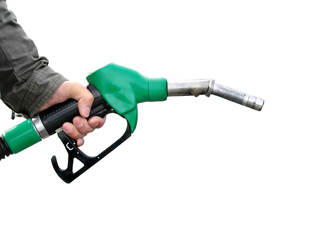Practical obstacles are preventing fleets from taking on alternatively fuelled vehicles (AFVs), despite mounting pressure to run low or zero emission cars.
Significant fears over the higher price, limited range, long recharging times and uncertain residual values of hybrid and electric cars stand in the way of their uptake by fleets, according to a new in-depth survey by Sewells Research & Insight.
The research also found that petrol is making a comeback at the expense of diesel in the wake of the emissions test cheating scandal and fears over the impact of nitrogen oxide and particulate emissions on air quality.
In its Fleet Market Report 2016, Sewells found that fleets are ready to adopt alternatively-fuelled cars, but only in tiny volumes. Companies expect the proportion of AFVs on their fleets to rise to 1.5% next year, 2.5% in three years’ time and 4.7% in five years. While this represents an increase in market share of 213% in five years, it still leaves more than 95% of company cars to be powered by fossil fuels.
Overall, 81% of fleet decision makers say manufacturers must overcome range issues, 77% say recharging times of electric vehicles need to be shortened, and 73% want to see more recharging points.
The higher acquisition price of AFVs remains an issue for 74%, as does residual value uncertainty for 70% of fleet operators, a position that correlates with fears over the longevity of batteries.
Interestingly, 40% of fleets believe their company car drivers are ready to accept AFVs. But as HMRC pursues its policy of doubling the speed at which it increases company car tax, many drivers will face the impossible choice between a higher tax bill or a vehicle that is not fit for purpose.
This will become an even more acute issue when local authorities start to introduce ‘clean air zones’, which could impose hefty charges or even ban vehicles considered to have dirty exhaust emissions from sensitive city centres.



















Login to comment
Comments
No comments have been made yet.